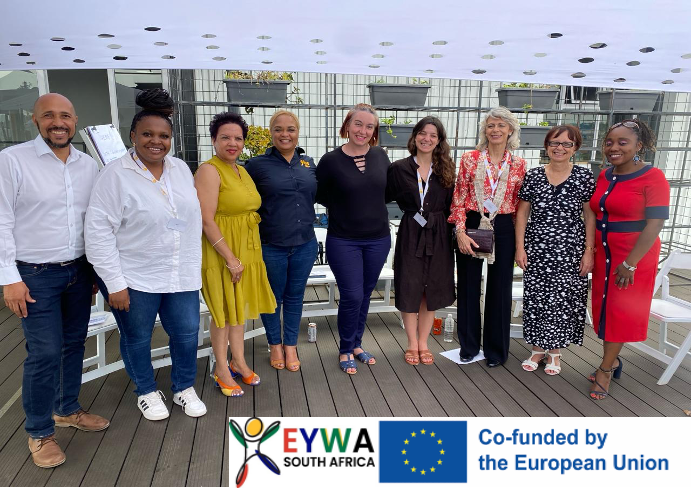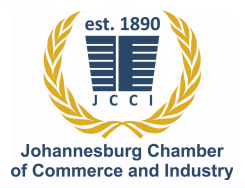
On Thursday 07 March 2024, a focus group was held to promote employability and gender equality in South Africa, under the framework of the EYWA project, co-funded by the European Union (EU). This gathering was led by the Spanish Chamber of Commerce in collaboration with the Johannesburg Chamber of Commerce and Industry (JCCI), Lulalab Foundation and the YES. The latter organisation, YES, organised the focus group at its Hub located in the Alexandra township, in the Gauteng province.
An EU representative welcomed participants from 25 Civil Society Organisations (CSOs) from the region to reflect in a collaborative effort on the challenges faced by young people and women in accessing employment and entrepreneurship.
This activity marks the launch of the project as a space for public-private partnerships to exchange ideas, experiences and recommendations, with the aim of contributing to the improvement of the following themes: youth unemployment, development of entrepreneurship in women and training and development of CSOs.
Participating CSOs identified effective tools to support gender equality, improve access to funding and economic empowerment and better support these vulnerable groups. They also showed a strong commitment to strengthening partnerships and collaborations with each other, recognizing the importance of working together to address the socio-economic challenges affecting South African youth and women.
This day of dialogue in Alexandra was the first of many activities to be carried out within the EYWA project towards building a more inclusive and equitable future for young people and women in South Africa, also demonstrating the international commitment of the Spanish Chamber in the promotion of sustainable development.
Disclaimer: ‘This publication was funded/co-funded by the European Union. Its contents are the sole responsibility of and do not necessarily reflect the views of the European Union.’

